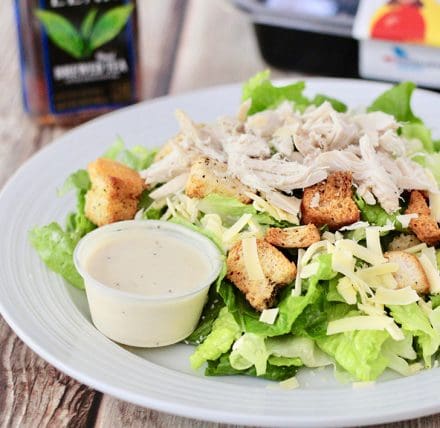


Consumer compensation for food businesses: from snails to frogs and the risk of a PR disaster
INSIGHTS
“Waiter, there’s a frog in my salad!” – not the start of a joke, but the cry which may have gone out when a woman eating at a branch of Nando’s in Manchester, unfortunately, found a decomposed frog at the bottom of her salad.
For those operating in the food sector, both restaurants and food manufacturers, contamination of this sort is one of the risks they most fear.
In this case, Nando’s did everything they could to rectify the issue:
- A sincere and immediate apology;
- The offer of a free meal; and
- A particularly clever move – the offer to take the customer to the supplier’s factory so she could see how the salads were prepared.
In fact, the response worked very well, to the extent that the customer has made it clear that she does not blame Nando’s in any way, and the fault clearly lay with the supplier, Salad to Go.
The actual financial cost either to Nando’s or to Salad to Go is assumed to be small, overall. And while new procedures and further checks may require to be set up in the production process, even if this had been a wider problem requiring product recall, most producers would be insured for this risk.
But, what they cannot insure against is the risk of bad publicity and its effect on goodwill.
And the added risk, is that it is not known when this bad publicity might strike. Surprisingly, in this day of social media and instant news, the incident happened over six months ago, but suddenly has made the headlines on news websites and national newspapers. Not ideal in the lead up to Christmas and what might be one of the busiest times for restaurants.
It serves as a timely reminder to all those involved in the food chain of the need for constant and high levels of quality checks.
Waiter, there’s a snail in my drink! How Scotland led the way on consumer compensation
Given Scotland’s great reputation for hospitality and the quality of its food produce, it is an interesting (well, to some of us) aside that Scotland actually led the way in establishing the rights of consumers in this field.
The first ruling in the UK to decide that a consumer was entitled to compensation in such circumstances was made in the, to lawyers, famous case of Donoghue v Stevenson, where Miss Donoghue, having been served a bottle of ginger beer in a café, found a snail inside it.
The court decision established that a duty of care existed between a producer and an end consumer, even though there was no direct contract between them and, even in this case, where it was pointed out that Miss Donoghue had her bill paid by her companion, so had not even bought the bottle of ginger beer. After many years, and finally reaching the House of Lords, the decision was made that a duty of care did exist and compensation should be paid.
Over 80 years later, the same issues can still arise, but the danger for producers now is the immediate and far-reaching publicity which can be generated from social media and other platforms, however small the financial cost.
Despite the well-known punch line, not everyone will want a fly in their soup!
Get in touch
Scott Kerr is head of Harper Macleod’s Food and Drink Group. If you wish to discuss how this might affect your business, and the steps you can take not only to comply but to actively police such activity in your supply chain, please contact us.
About the author
RELATED
CONTACT US
Call us for free on 0330 912 0294 or complete our online form below for legal advice or to arrange a call back.